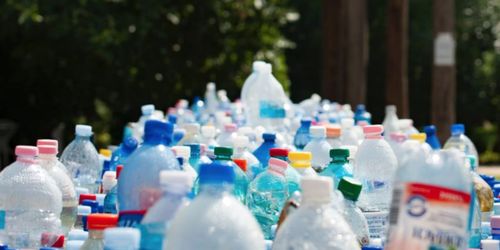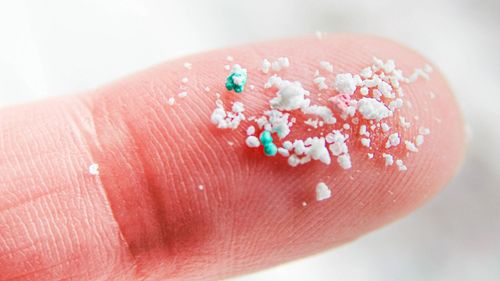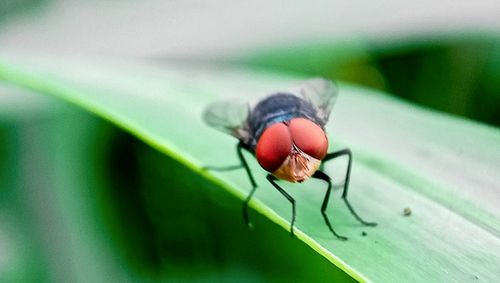Plastics in Everyday Products May Have Fueled Thousands of Heart Disease Deaths, Study Warns
Articles
Summary

Common household plastics linked to thousands of global deaths from heart disease, study finds
Synthetic chemicals called phthalates, found in consumer products such as food storage containers, shampoo, makeup, perfume and children’s toys, may have contributed to more than 10% of all global mortality from heart disease in 2018 among men and women ages 55 through 64, a new study found. “Phthalates contribute to inflammation and systemic inflammation in the coronary arteries, which can accelerate existing disease and lead to acute events including mortality,” said senior author Dr. Leonardo Trasande, a professor of pediatrics and population health at New York University’s Grossman School of Medicine. He also is director of NYU Langone’s Division of Environmental Pediatrics and Center for the Investigation of Environmental Hazards.
Left
CNN
Chemicals in everyday plastics linked to heart disease
A new study shows a chemical found in everyday things you use might be much worse than we thought. This was a global study, so it’s giving us the big picture. The study showed the chemicals called phthalates may have contributed to more than 10% of all deaths from heart disease in 2018. That’s in men and women all over the world. The problem is phthalates inflame coronary arteries, which can accelerate heart disease. The bigger problem is phthalates are widely used in plastics, so they’re everywhere. It’s why we also call them “everywhere chemicals.” Researchers say you can find phthalates in food packaging, clothing, furniture, shampoo, makeup, perfume and toys. Exposure can come from breathing or ingesting it. Experts say it’s best to use glass containers to store food. Use unscented detergent. Fresh fruits are better than canned. You can also wash your hands frequently to remove phthalates.
Middle
wbay.com
Tiny plastic particles found in the blocked arteries of stroke patients
In new research, scientists found that blocked blood vessels contain 50 times more minuscule bits of plastic compared to healthy arteries. The highest amounts of micronanoplastics were found in people who had experienced a stroke, mini-stroke, or temporary loss of vision due to clogged blood vessels, according to the newly published study. Micronanoplastics, often referred to as nanoplastics, are tiny pieces of plastic created during industrial processes or from larger plastic objects as they degrade in the ocean or the soil. They're not uniform in size - usually a mixture of micro and nano plastic sizes. Microplastics are sometimes visible at less than five millimetres in size, whereas nanoplastics are microscopic and invisible to the naked eye.
Right
The Sun
Chemical in cosmetic goods behind 350,000 heart disease deaths a YEAR
Chemical in cosmetic goods behind 350,000 heart disease deaths per YEAR. Di-2-ethylhexyl phthalate (DEHP) is used to help scents last longer and in food containers to make them more durable. Previous research has shown that phthalates can cause an immune response that triggers inflammation in the heart's major arteries.
Right
Daily Mail
Chemical in plastics linked to 350K heart disease deaths: Research
Phthalates are present in products around the world but have particular popularity in the Middle East, South Asia, East Asia and the Pacific. Phthalates have been linked to birth defects, infertility, learning disabilities and neurological disorders. The research was published in the Lancet eBioMedicine.
Left
Yahoo!Articles
Summary
Articles
Summary
HEALTH
RFK Jr.'s Autism Study Could Collect Millions of Americans' Medical Records for National Registry
Updated: 4 days ago
Articles
Summary
Articles
Summary






































